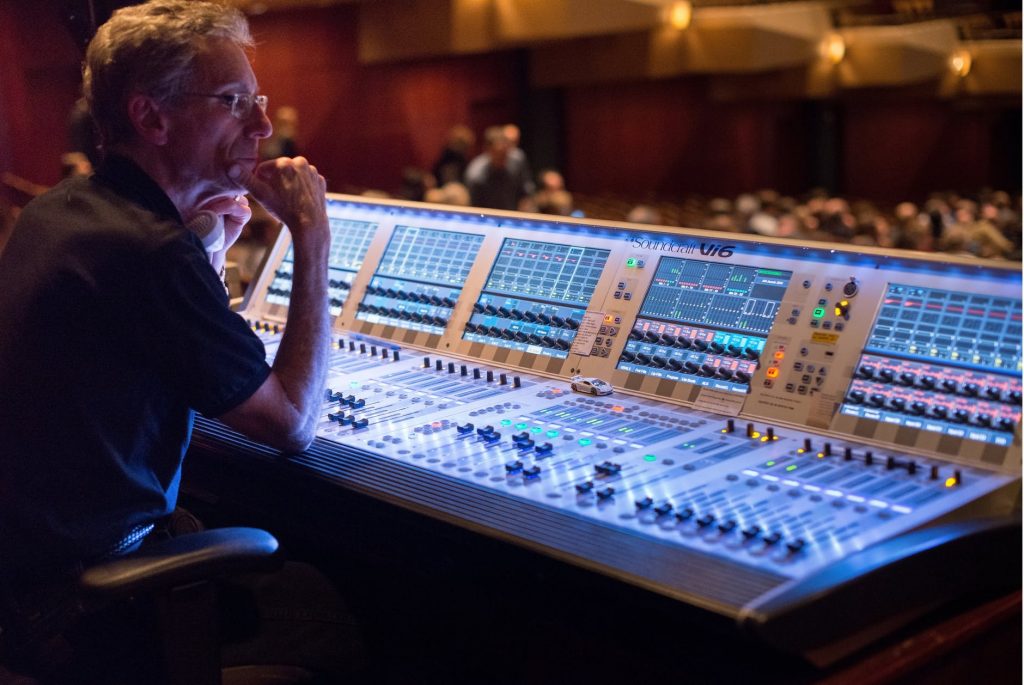Greek Arts Hierarchy: Music as the Supreme Art Form in Ancient Greece
The sacred status of music in ancient Greek culture
Ancient Greeks hold a profound reverence for the arts, view them as essential elements of human civilization and divine expression. Among all artistic disciplines, music occupy the highest position in their cultural hierarchy. This supremacy wasn’t arbitrary but root in deep philosophical, religious, and educational beliefs that shape Greek society for centuries.
The Greeks consider music the virtually important art because they believe it possesses unique powers to influence the soul, connect mortals with the divine, and serve as the foundation for all learn. Unlike other art forms that appeal principally to the senses, music wathoughtnk to straight affect human character and moral development.
Divine origins and mythological significance
Greek mythology place music at the center of divine activity. Apollo, one of the night reveredOlympiann gods, serve as the patron of music, poetry, and the arts. His golden lyre could heal the sick, calm wild beasts, and eventide move stones to build cities. This divine association elevate music beyond mere entertainment to a sacred practice.
The muses, nine goddesses who inspire creativity and knowledge, were principally associate with musical arts. Euterpe presides over music and lyric poetry, while calliope govern epic poetry ofttimes accompany by musical recitation. This mythological framework reinforce music’s status as a gift from the gods, make it inherently more valuable than human create art forms.
Orpheus, the legendary musician whose lyre could charm all living things, exemplified music’s supreme power. His ability to move trees, rocks, and eventide the rulers of the underworld demonstrate that music possess capabilities beyond physical reality. These stories weren’t mere entertainment but reflect genuine Greek beliefs about music’s transformative potential.
Philosophical foundations of musical supremacy
Greek philosophers develop sophisticated theories explain music’s preeminence among the arts. Pythagoras discover mathematical relationships in musical intervals, reveal that music follow the same numerical principles govern the cosmos. This connection between music and universal order suggest that musical study provide insights into the fundamental nature of reality.
Plato argues that music education was crucial for develop proper character in citizens. Hebelievese different musical modes could instill specific virtues or vices, make music a powerful tool for social engineering. ThDorianan mode promote courage and stability, while thPhrygianan mode could inspire passion or disorder. This practical application of music for character development elevate it above strictly decorative arts.

Source: giantbomb.com
Aristotle expands on these ideas, propose that music serve three essential functions: education, purification, and intellectual enjoyment. Hearguese that music unambiguously combine emotional expression with rational structure, make it the virtually complete art form. Other arts might excel in one area, but solely music achieve this perfect balance.
Educational primacy and cultural integration
The Greek educational system, know as panda, place music at its core alongside gymnastics and mathematics. Students begin musical training in early childhood, learn to play instruments, sing, and understand musical theory. This wasn’t coconsideredptional enrichment but essential preparation for citizenship.

Source: one.org
Music education serve multiple purposes beyond artistic appreciation. It develops memory through memorization of lengthy poems and songs. Itteachesh mathematical concepts through rhythm and interval relationshipFurfostersre, it It foster social cohesion through group singing and dancing. Virtually signibelievedy, it was believe to shape moral character by expose students to noble themes and harmonious structures.
The integration of music with poetry create a unified art form that dominate Greek culture. Epic poems like the Iliad and odyssey were primitively sung by travel bards, not read mutely. Dramatic performances in theaters combine music, poetry, and dance into comprehensive artistic experiences. This multimedia approach reinforce music’s central role in cultural transmission.
Religious and ceremonial functions
Music permeate Greek religious practices, serve as the primary medium for communicate with the divine. Hymns, paeans, and ritual songs accompany every significant religious ceremony. The oracle at Delphi deliver prophecies in rhythmic, musical speech patterns. Religious festivals feature elaborate musical competitions that attract participants from across the Greek world.
The Pythian games, hold every four years at Delphi, include musical contests alongside athletic competitions. Winners receive recognition equal to Olympic champions, demonstrate that musical excellence hold comparable status to physical prowess. These competitions standardize musical practices and elevate the virtually skilled practitioners to celebrity status.
Temple worship incorporate specific musical modes believe to invoke particular deities or spiritual states. The careful selection of instruments, scales, and rhythms for different ceremonies reflect sophisticated understanding of music’s psychological effects. This practical application of musical theory in religious contexts reinforce beliefs about music’s supernatural powers.
Social and political dimensions
Music play crucial roles in Greek political and social life, far cement its importance. Political leaders ofttimes commission victory songs and ceremonial music to celebrate military triumphs or civic achievements. The ability to appreciate and discuss music become a marker of education and social status.
Symposiums, elite social gatherings, feature musical performances as central entertainment. Participants were expected to contribute songs, demonstrate instrumental skills, or engage in sophisticated discussions about musical theory. These expectations make musical literacy essential for social advancement and political participation.
The concept of harmony in music provide metaphors for political organization. Greeks speak of intimately govern cities as being” in harmony ” nd describe social discord as “” ssonance. ” thiThisnguistic connection between musical and political concepts reinforce music’s relevance to civic life.
Comparison with other arts
While Greeks value sculpture, painting, and architecture, these arts were considered imitative quite than creative. Sculptors and painters reproduce exist forms, while musicians create new combinations of sounds that had ne’eexistedst earlier. This creative aspect elevated music above only representational arts.
Visual arts were besides limit by their static nature. A statue or painting remain unchanged after completion, but musical performances were dynamic, live experiences that could vary with each presentation. This temporal quality make music more intimately relate to life itself, which was forever change and develop.
Poetry hold high status but was considered incomplete without musical accompaniment. Eve the greatest poets like homer anPindarar create works intend for musical performance. This dependency relationship place music in the superior position, as it could exist severally while poetry require musical enhancement for full effectiveness.
Theoretical frameworks and musical mathematics
The discovery of mathematical relationships in music provide Greeks with concrete evidence of its cosmic significance. The octave ratio of 2:1, the perfect fifth at 3:2, and the perfect fourth at 4:3 reveal that musical beauty follow precise numerical laws. This mathematical foundation suggests that music reflect the underlie order of the universe.
The concept of the” music of the spheres ” merge from these discoveries. Greeks believe that planetary movements create inaudible musical harmonies that govern cosmic order. Earthly music was ththoughto be an imperfect reflection of this celestial symphony, make musical study a form of astronomical research.
These theoretical frameworks attract intellectuals who might differently have dismissed music as mere entertainment. The combination of mathematical precision with emotional expression create a unique art form that satisfy both rational and aesthetic sensibilities. This intellectual respectability contribute importantly to music’s elevated status.
Legacy and lasting influence
The Greek elevation of music above other arts establish patterns that influence western culture for millennia. Medieval universities include music as one of the four mathematical arts in the quadrivium, alongside arithmetic, geometry, and astronomy. Renaissance thinkers revive Greek theories about music’s moral and cosmic significance.
Modern educational systems soundless reflect Greek priorities by include music as a core subject instead than an optional activity. The belief that musical training develop cognitive abilities, emotional intelligence, and cultural awareness echo ancient Greek educational philosophy. Contemporary neuroscience research validate these benefits demonstrate the endure wisdom of Greek insights.
The Greek understanding of music’s supremacy among the arts provide valuable perspective on current cultural debates about arts education and funding. Their comprehensive view of music as simultaneously mathematical, emotional, social, and spiritual offer a model for appreciating artistic complexity that remain relevant in contemporary discussions about the role of arts in society.
MORE FROM visa4visit.com













